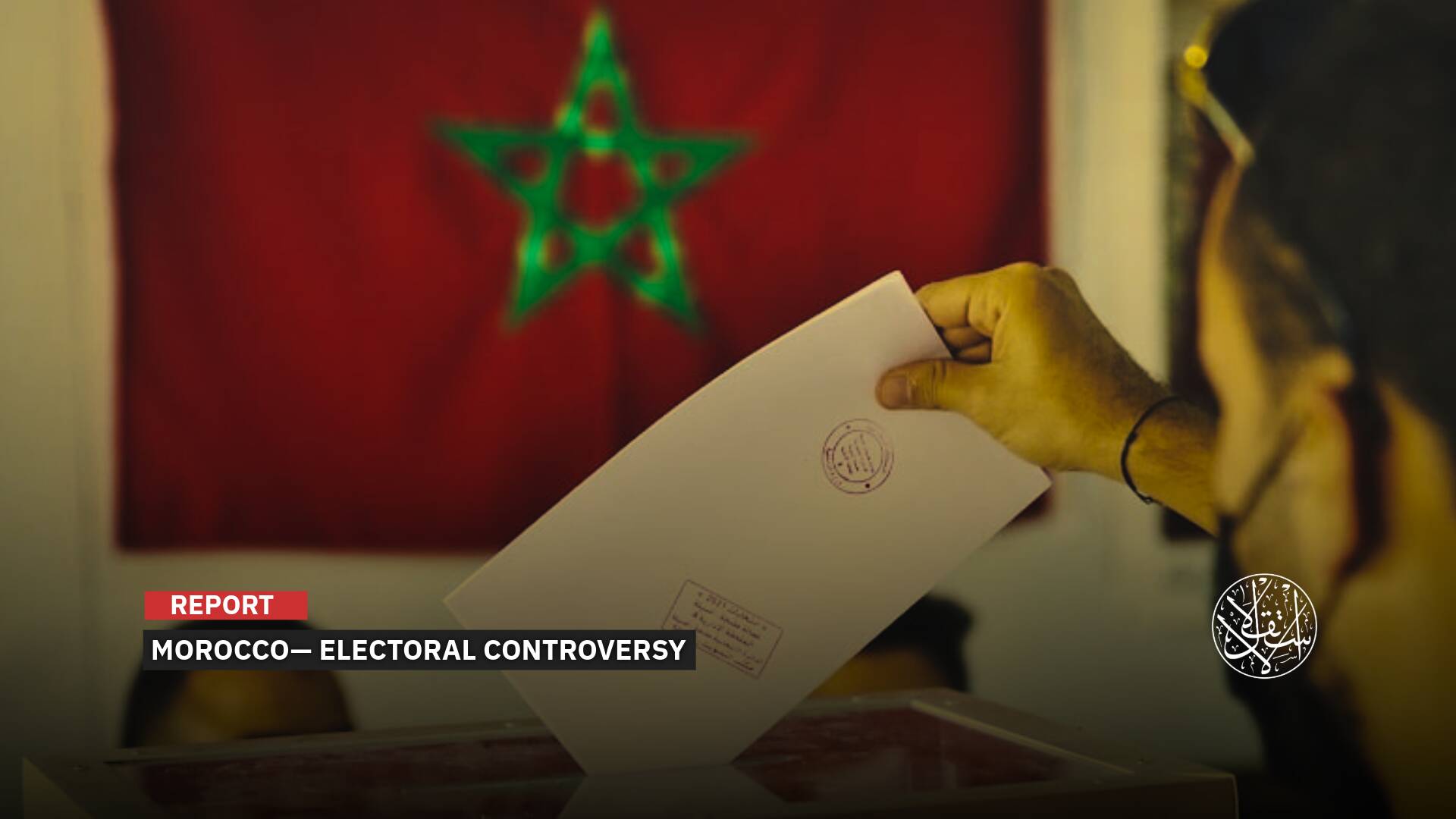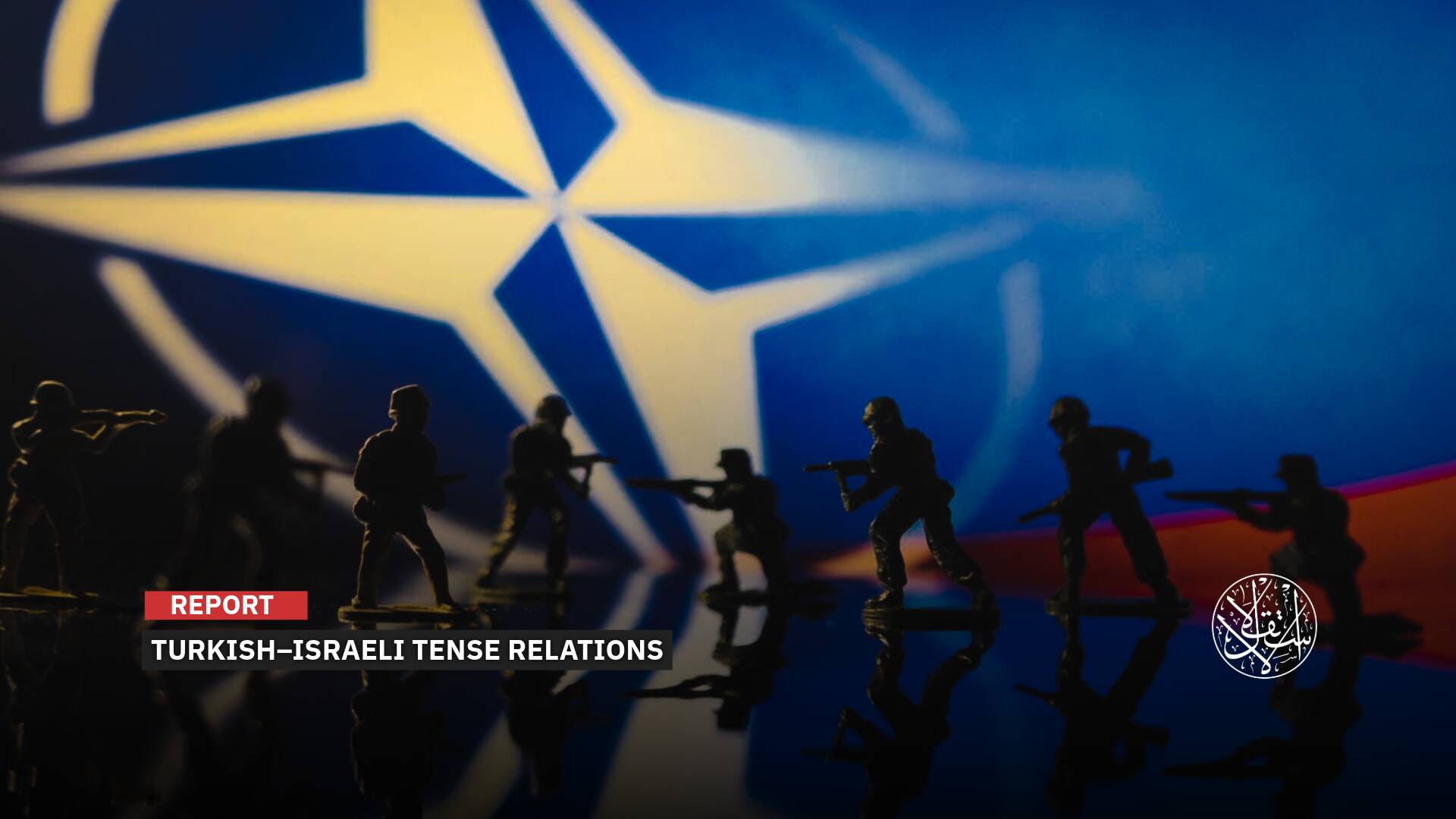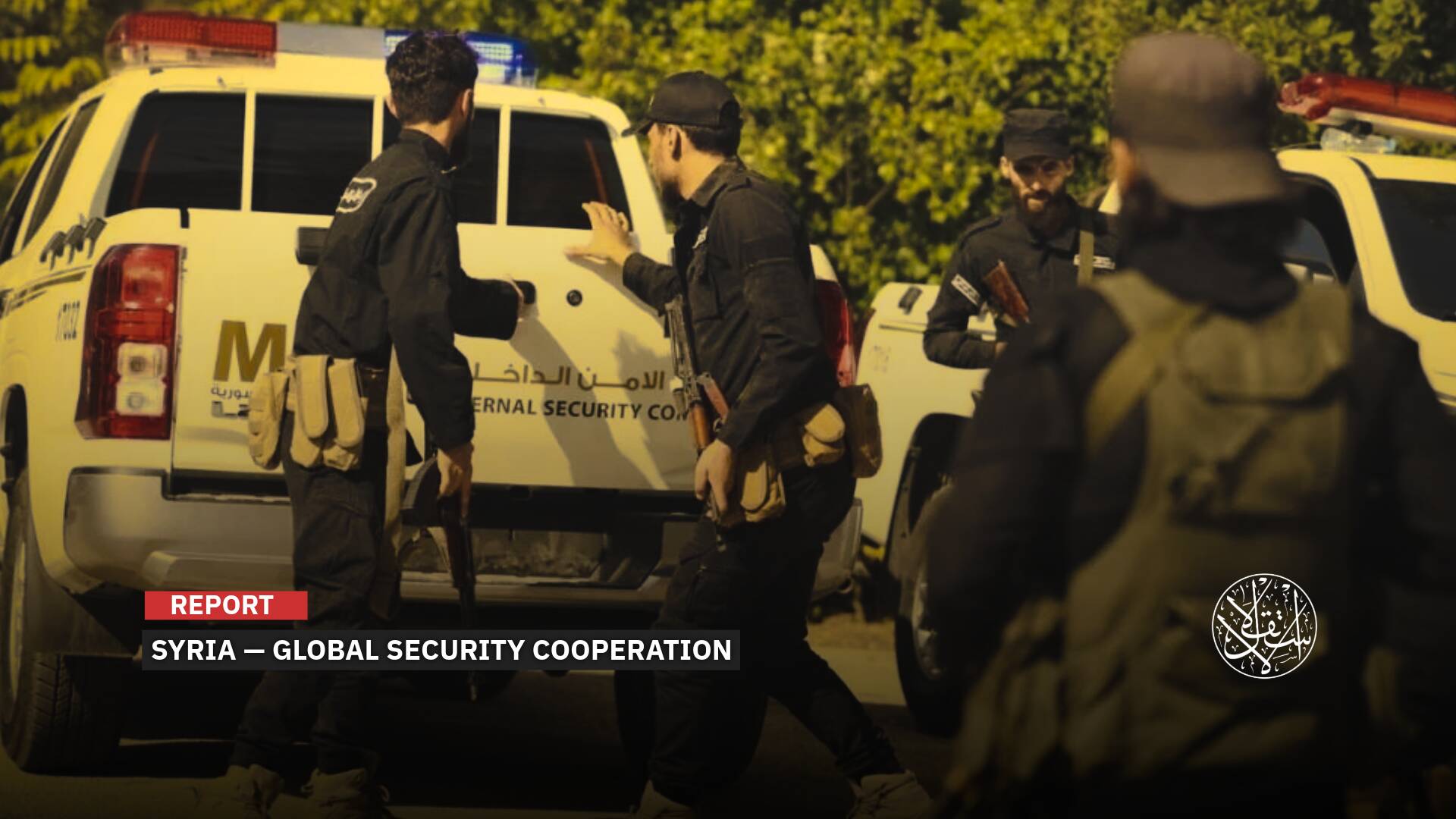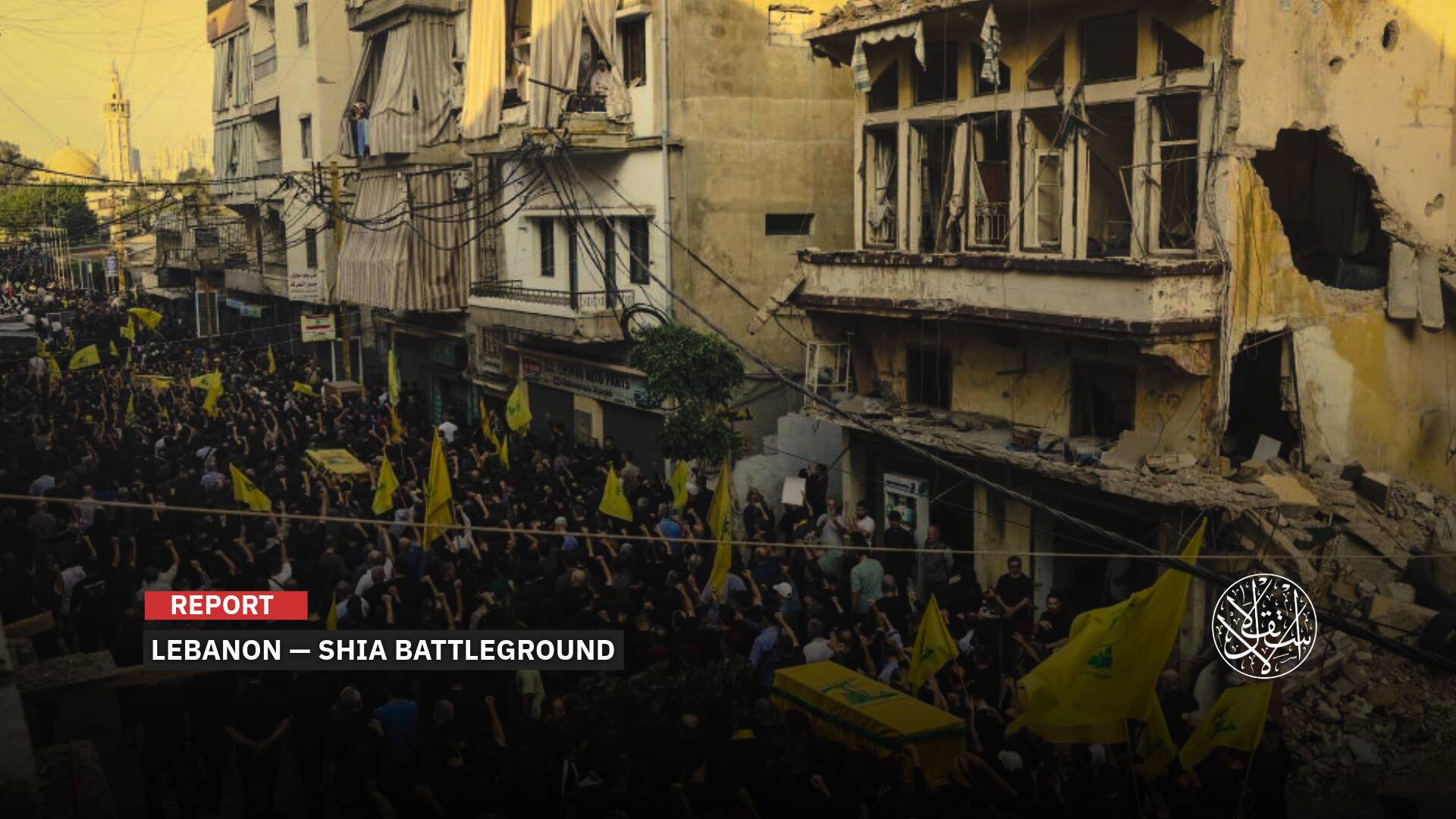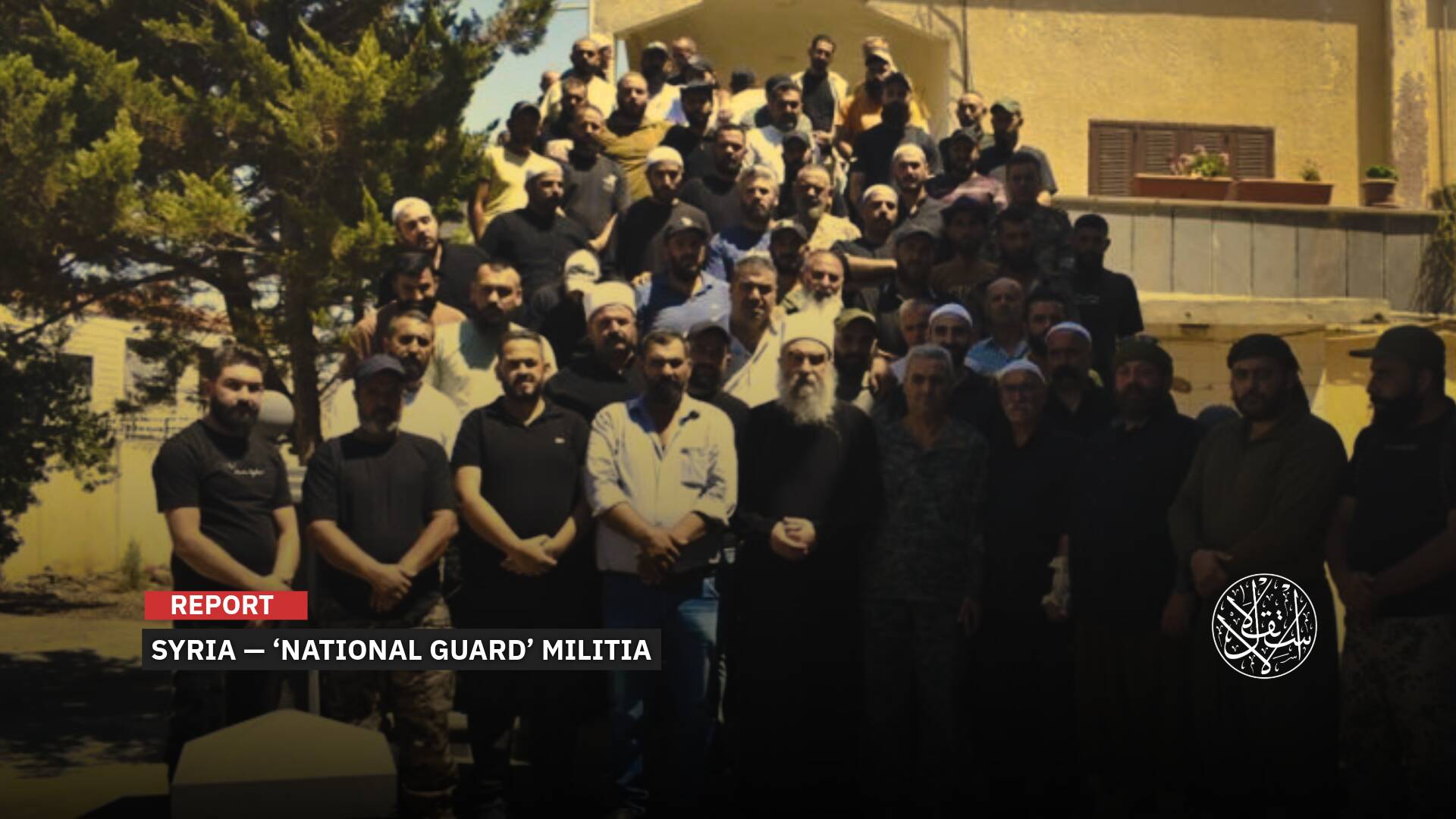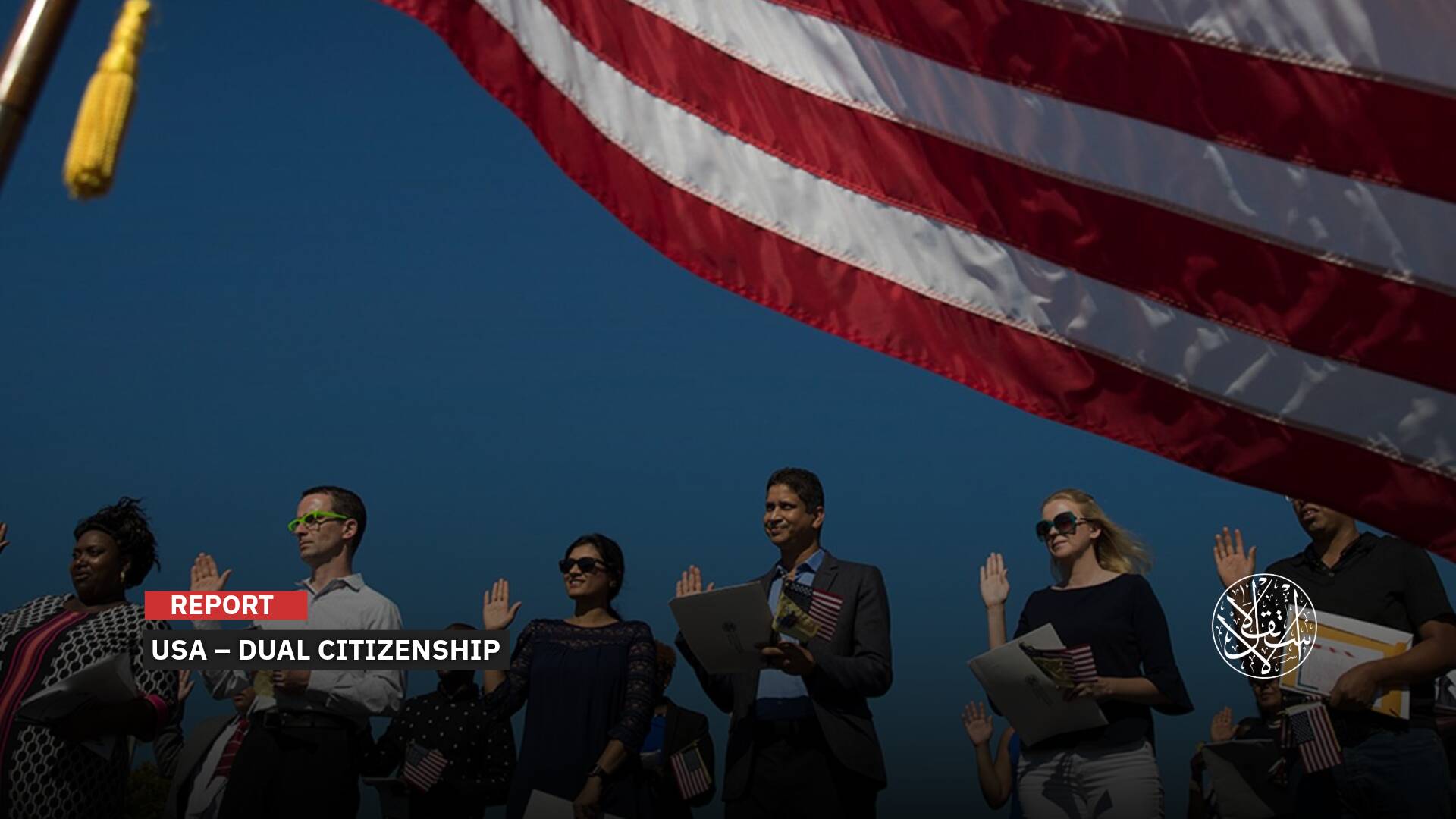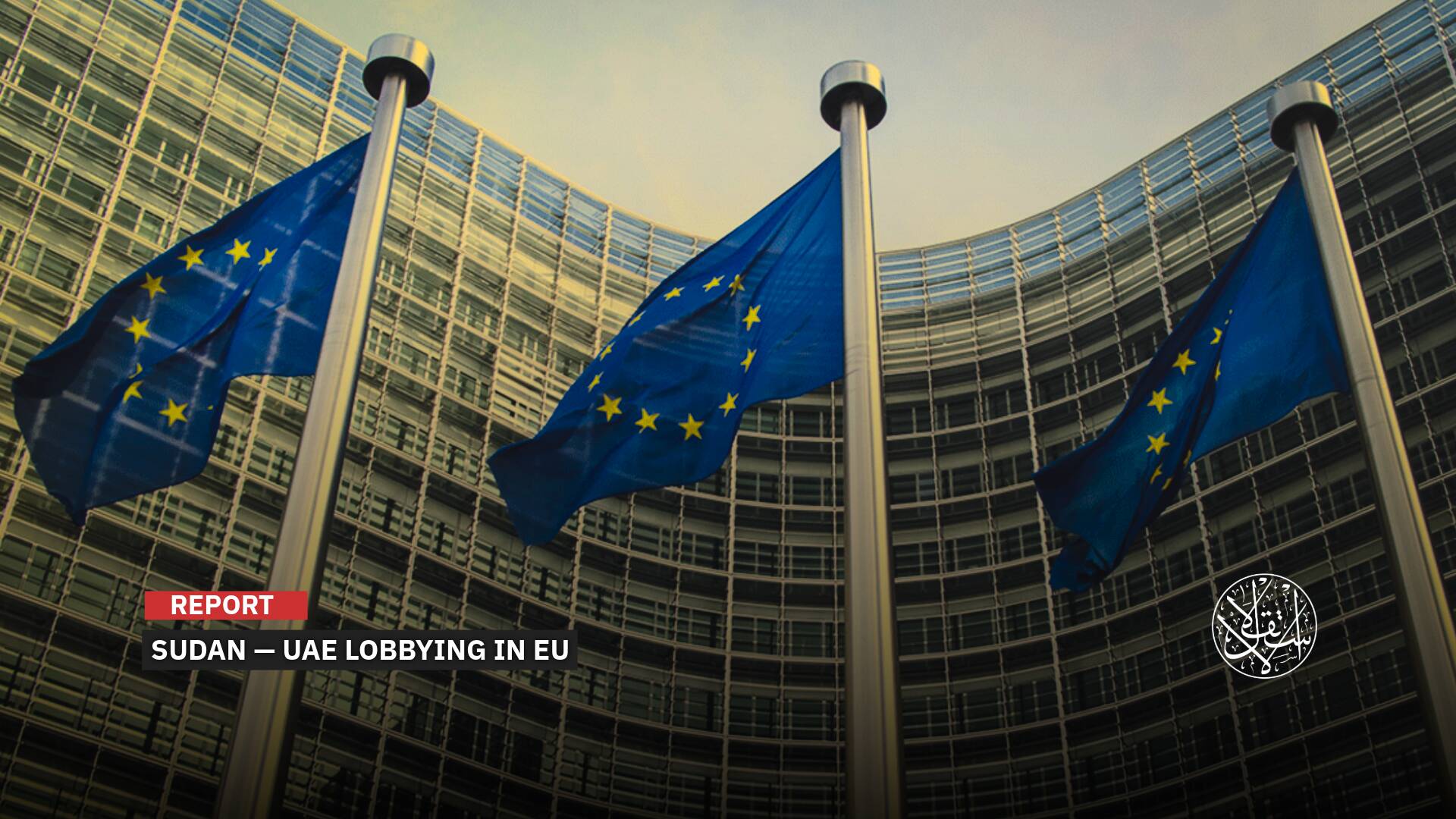Available for Criminals, Forbidden for Dissidents: How the Kingdom Turned Hajj Season into a Trap

Iraqi activists criticized Saudi Arabia for allowing killers into Mecca and Medina.
A significant shock swept through Iraqi popular circles after Saudi authorities hosted numerous individuals involved in committing crimes against Sunni communities in Iraq and Syria.
Recently, Saudi Arabia welcomed several of these notorious figures, known for their brutal actions during the sectarian war between 2006 and 2008, and the Syrian revolution in 2011.
This occurred while the Kingdom continued to arrest activists who expressed sympathy for Gaza, under Israeli assault since October 2023. Saudi Arabia persists in banning many preachers and academics from various countries and forcibly deporting others.
‘Hosting Killers’
One of the prominent figures Saudi Arabia hosted for the 2024 Hajj season is Ismail Hafidh al-Lami, known as Abu Deraa. He is one of the leading commanders of the Mahdi Army militia led by Muqtada al-Sadr and is personally implicated in the bloodshed of thousands of Sunnis in Baghdad.
On June 23, 2024, Iraqi social media pages shared a video showing Abu Deraa being welcomed back from Saudi Arabia after the Hajj season, amidst a crowd of his supporters in Baghdad.
Ismail Hafidh al-Lami, born in Iraq in 1970 (54 years old), worked as an assistant officer in the Iraqi Army's armored corps, earning the nickname Abu Deraa. He was known for selling fish in his neighborhood in Sadr City, Baghdad, the stronghold of Shia leader Muqtada al-Sadr.
Abu Deraa was a prominent leader of the death squads affiliated with the Mahdi Army militia, which kidnapped and killed Sunni Iraqis during the sectarian war.
He was arrested by Iraqi security forces in 2008, released after two years, fled to Iran, and returned to Iraq in 2014 to join the Popular Mobilization Forces (PMF) to fight against ISIS.
Iraqi activists noted that Abdulaziz al-Mohammadawi, nicknamed Abu Fadak, who is on the U.S. terrorism list as a top commander of the Hezbollah Brigades militia in Iraq, was also present during this year's Hajj season.
Abu Fadak currently holds the position of Chief of Staff of the Popular Mobilization Forces, has participated in battles in Syria and Iraq, and is accused of killing Iraqi protesters in 2019. He is widely believed to oversee one of the detention centers of the Iran-aligned militia in Jurf al-Sakhar (a Sunni-majority area) north of Iraq's Babil province.
Saudi Arabia also hosted Rabee Nader, the media office director for the Iraqi Prime Minister and a member of the Asa'ib Ahl al-Haq militia.
The United States previously denied Nader a visa during Prime Minister Mohammed Shia' al-Sudani's visit to Washington in April 2024.
Saudi Arabia allowed entry to senior PMF leaders affiliated with Iran-backed militias, including Walid al-Sharifi, Ahmed Mohammed al-Kaabi, Wasif al-Hijami, and Ahmed al-Yasiri, Secretary-General of the Directorate of Security and Discipline in the PMF.
Another individual who entered Saudi Arabia during this Hajj season is Hamid al-Jazairi, leader of the Shia Khorasani militia, accused of killing hundreds of Iraqi protesters in 2019 and closely associated with the former commander of Iran's Quds Force, Qassem Soleimani, with whom he fought alongside the Syrian regime.
Courtesy Visas
After that, Iraqi activists expressed strong anger at allowing these figures associated with Iran, implicated in murder crimes, to enter Mecca and Medina through "commercial pilgrimage” and the granting of what is known as “courtesy visas” by the Riyadh embassy in Baghdad to Iraqi officials and politicians.
“What is known as a commercial pilgrimage in Iraq is one of the methods used by the Iranian terrorist militias to achieve many objectives,” Iraqi journalist and politician Mustafa Kamal stated on X on June 10.
He also stated, “Commercial pilgrimage provides financial resources to militia elements, with the price of each visa exceeding $15,000. In addition, they send their Iranian terrorist elements to Mecca and Medina under the pretext of performing rituals outside the allocated quota for each country.”
“These terrorist militias seize this opportunity through courtesy visas distributed by the Riyadh embassy in Baghdad to a number of Iraqi officials and parliamentarians,” Kamal added.
Iraqi journalist and activist Othman Mukhtar posted on X on June 6, saying, “It should have been a pilgrimage for Iraqis, but it has become a season for the pilgrimage of the Popular Mobilization Forces and the ruling parties.”
Mukhtar attached a photo to his post, stating, “It includes leaders from the Asa'ib Ahl al-Haq militia with a record of sectarian genocide crimes in Iraq and Syria. Note the caption ‘Headquarters of the Popular Mobilization Authority in the Kingdom of Saudi Arabia'.”
This is not the first time that the Kingdom has hosted leaders of the Shia Iraqi militias associated with Iran, implicated in the killing of Iraqis and Syrians alike, allowing them entry into its territories as part of pilgrim caravans, especially from 2016 to 2024.
‘Exposed Double Standards’
Critics condemn Saudi Arabia's blatant double standard, as it welcomes figures closely linked to Iran known for their involvement in murder and crime, while continuing to arrest pilgrims and visitors on political grounds, as well as those expressing political opinions or sympathizing with Gaza residents facing annihilation.
Among the prominent figures arrested by Saudi Arabia due to their sympathy with Gaza were Egyptian pilgrim and TikTok activist Abdul Rahman Muhammad Abdul Rahim, Turkish pilgrim Mustafa Efe, Algerian Sheikh Abdelkarim, and Yemeni YouTuber Fahad Ramadan.
The European Saudi Organization for Human Rights reported on June 13, 2024, that despite the arrest of these individuals and others, Saudi Arabia boasts about the success of Hajj and Umrah, praising its security apparatus through official statements, asserting the country's safety for pilgrims.
Contrary to these claims, the report added that despite the lack of transparency in accessing sufficient information, the European Saudi Organization for Human Rights documented widespread violations during Hajj, including arbitrary arrests that have increased since King Salman bin Abdulaziz took office.
On July 1, 2022, the SaudiLeaks website published an extensive report detailing Saudi Arabia's targeting of individuals from the Muslim Uighur minority in China during Hajj, upon their arrival from various countries, and their subsequent deportation to China, known for its egregious human rights record.
The website mentioned that Saudi Arabia exploits Hajj to hunt down Uighur activists, forcibly deporting them to Beijing to face a grim fate. One such case was Osman Ahmed Tohti, legally residing in Turkiye and Saudi Arabia, who was arrested during Hajj in 2018 and forcibly returned to China, where he subsequently disappeared with no further information available.
In this context, Human Rights Watch reported that Saudi Arabia detained Hamdullah Abdul Wali and Normet Rozi in November 2020 in Mecca, both residing in Turkiye. They were held at Briman Prison in Jeddah, with fears that their extradition to China may have occurred or become imminent.
Amnesty International stated that Saudi Arabia arrested a 13-year-old girl and her mother, Buheliqiemu Abula, in March 2022 near Mecca, informing them that they faced deportation to China along with two other previously detained men.
Amnesty also reported the detention of a number of Libyan pilgrims who obtained visas from the Saudi embassy in Tripoli in 2018 upon their arrival in the holy land.
It noted incidents of detention involving pilgrims of Palestinian origin holding Arab nationalities during their performance of Hajj in 2019, including Palestinian writer Mahmoud Kallam, who has been missing since then.
ALQST Organization for Supporting Human Rights announced the disappearance of Syrian citizen Khaled Mohammed Abdulaziz in August 2017 after his arrival in Mecca from Turkiye with his mother Khadija for Hajj. Saudi Arabia acknowledged his detention two years later following several inquiries from his family.
Saudi authorities also prohibit a large number of Kuwaiti academics affiliated with or sympathetic to Islamic movements from entering its territory, especially those associated with or supportive of the Muslim Brotherhood or the Islamic Nation Party.
The most prominent among the banned is Islamic preacher Tareq al-Suwaidan, barred from Hajj, Umrah, and entry to Saudi Arabia entirely for his stance against the 2013 military coup in Egypt, as he announced on X in 2013.
Among those banned for similar reasons, all of Kuwaiti nationality, are Hakim al-Mutairi, Hajjaj al-Ajmi, Hamid al-Ali, Shafi al-Ajmi, and Nabeel and Mohammed al-Awadhi. Some of them have also been placed on Saudi Arabia's terrorism list.
In 2013, Saudi Arabia's Ministry of Foreign Affairs informed its Egyptian counterpart about the lists of individuals banned from entering the Kingdom due to their affiliations and beliefs, prominently featuring members of the Muslim Brotherhood, according to the SaudiLeaks website.
Sources
- Abu Deraa: An Iraqi soldier whose name has been linked to death squads and lives at large in Baghdad [Arabic]
- Human rights documentation confirms: Hajj is no longer safe in light of Saudi Arabia’s violations [Arabic]
- Saudi Arabia violates the sanctity of Hajj and arrests guests [Arabic]
- Saudi authorities arrest TikToker Abdul Rahman Muhammad while he was performing Umrah rituals [Arabic]
- They are banned from Hajj [Arabic]
- Saudi Arabia prevents preacher Tareq al-Suwaidan from performing Umrah and Hajj [Arabic]



